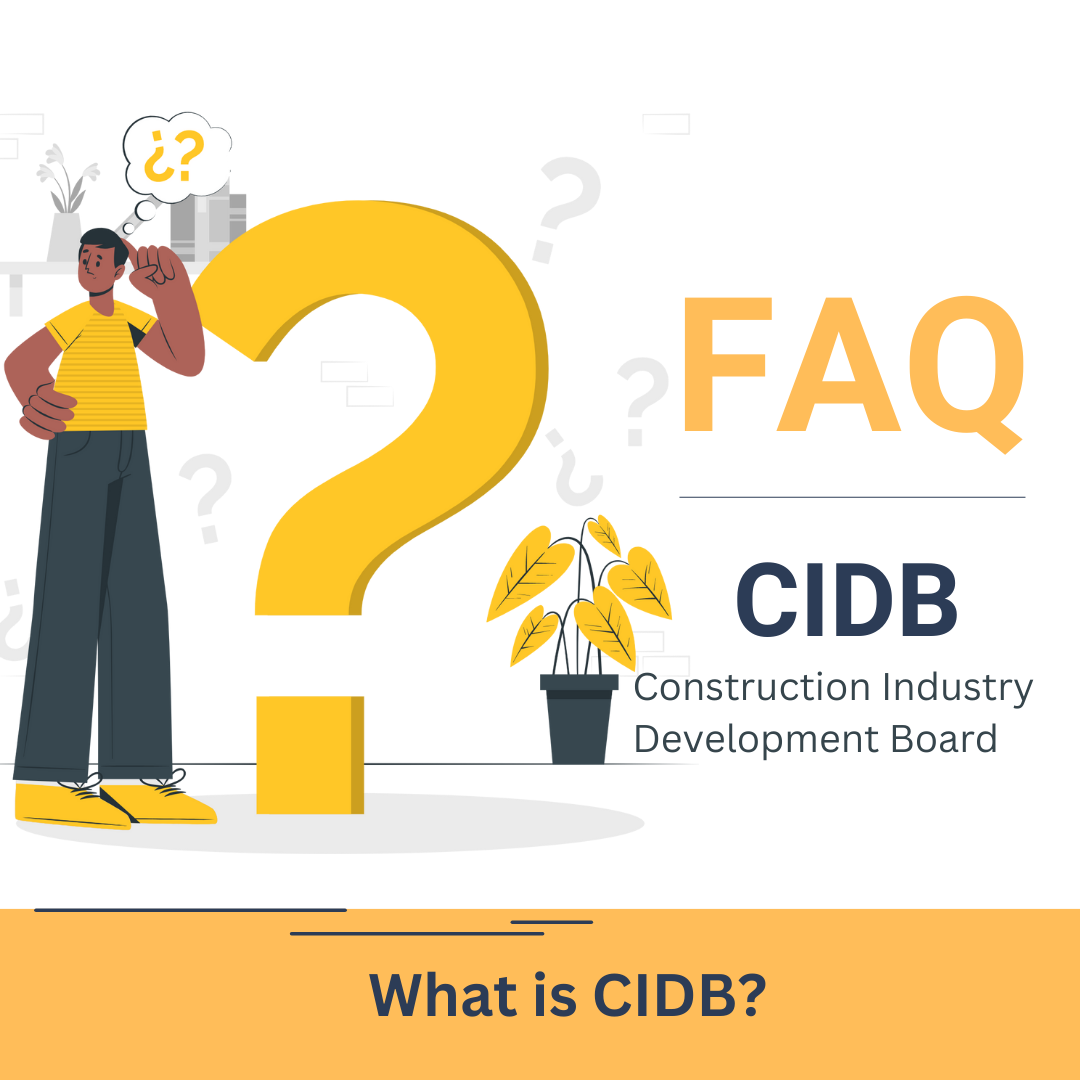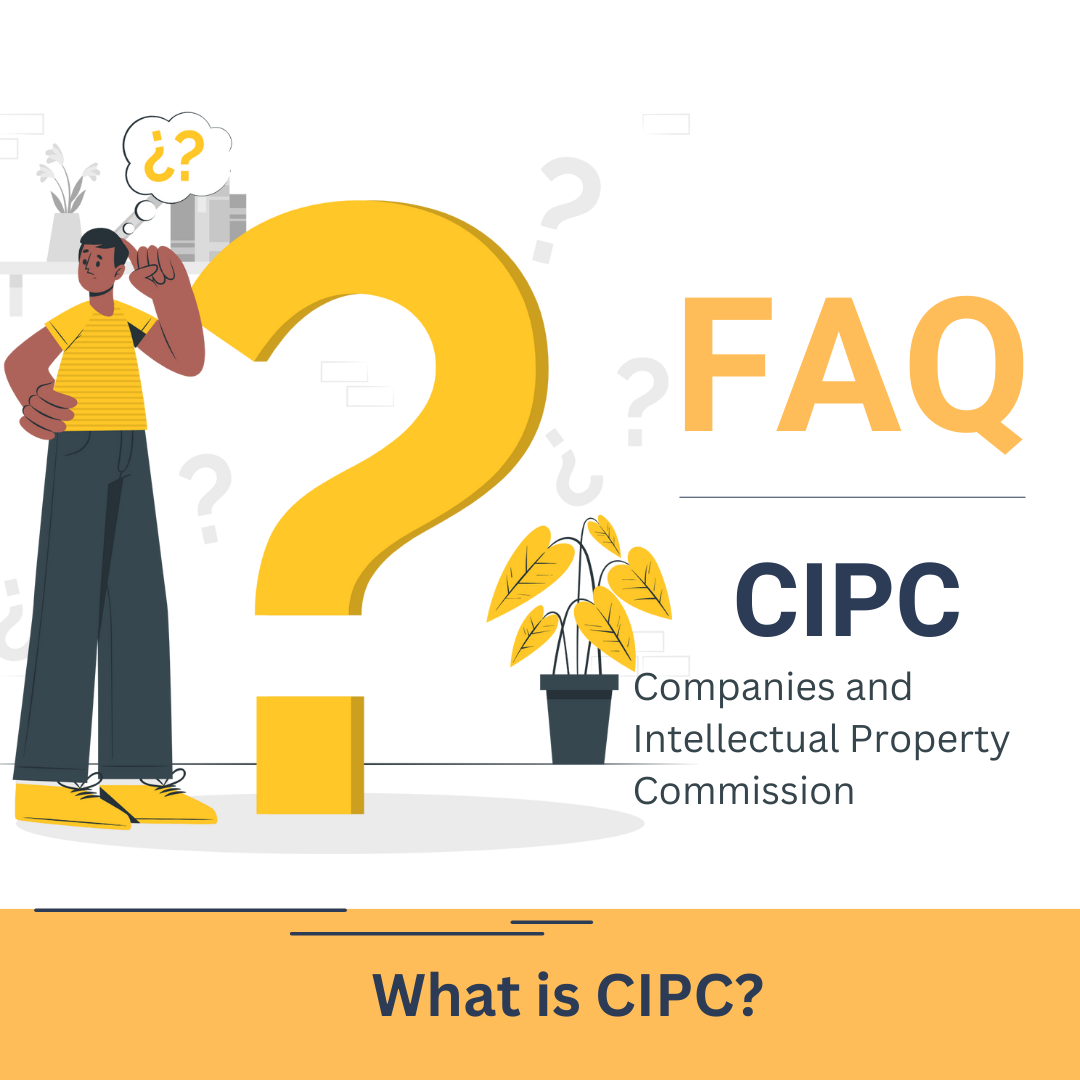
Mastering RFQs: A Guide for SMME Contractors
In the competitive landscape of Small, Medium, and Micro-sized Enterprises (SMME) contractors, securing new projects and clients is a constant pursuit. One valuable tool in your arsenal is the Request for Quotation (RFQ). In this blog post, we'll delve into what an RFQ is, why it's essential for SMME contractors, and how to effectively navigate the RFQ process to win new business opportunities.
Deciphering the Request for Quotation (RFQ)
An RFQ, or Request for Quotation, is a formal document issued by a potential client or buyer to solicit price quotations from contractors or suppliers for specific goods, services, or projects. It's a crucial step in the procurement process, as it enables clients to compare offers from multiple contractors and select the most suitable one.
Why RFQs Matter for SMME Contractors
1. Access to Opportunities: RFQs are an avenue to access a wide range of project opportunities, including both public and private-sector contracts.
2. Competitive Advantage: Responding to RFQs allows SMME contractors to compete on a level playing field with larger competitors, as evaluation is typically based on pricing and qualifications.
3. Diverse Projects: RFQs cover diverse projects, offering SMME contractors a chance to diversify their portfolios and expand their areas of expertise.
4. Client Relationships: Successfully winning RFQs can lead to long-term client relationships and repeat business.
5. Revenue Stream: RFQs are a consistent source of potential revenue for SMME contractors, helping them maintain a steady cash flow.
Components of an RFQ
A standard RFQ typically includes the following components:
1. Project Scope: A detailed description of the project, including objectives, specifications, and any relevant drawings or documents.
2. Delivery or Completion Date: The deadline by which the contractor must deliver the goods or services or complete the project.
3. Quotation Format: Instructions on how the contractor should format and submit their quotation, including the required documentation and contact details.
4. Pricing Details: A breakdown of the pricing structure, including any specific cost categories or line items that need to be included in the quotation.
5. Evaluation Criteria: Information on how the client will evaluate the submitted quotations, which may include pricing, experience, qualifications, and compliance with specifications.
6. Submission Deadline: The date and time by which contractors must submit their quotations.
7. Terms and Conditions: Any specific terms and conditions that contractors must adhere to, such as payment terms, warranties, and indemnities.
Responding to an RFQ
To effectively respond to an RFQ as an SMME contractor, follow these steps:
1. Review Carefully: Carefully read and review the entire RFQ document to understand the project scope, requirements, and evaluation criteria.
2. Ask Questions: If you have any questions or need clarifications, don't hesitate to reach out to the client or the contact person listed in the RFQ.
3. Prepare a Detailed Quotation: Develop a detailed and well-structured quotation that addresses all the client's requirements and expectations.
4. Pricing Strategy: Create a competitive pricing strategy that balances profitability with competitiveness. Ensure your pricing is realistic and in line with market rates.
5. Highlight Qualifications: Emphasize your qualifications, expertise, and relevant experience in your response. Include references and case studies if applicable.
6. Compliance: Ensure that your response fully complies with the RFQ's instructions, formats, and submission requirements.
7. Proofread and Review: Carefully proofread your response for errors, and have someone else review it for clarity and completeness.
8. Submission: Submit your quotation by the specified deadline through the designated channel. Be punctual and thorough in your submission.
Benefits of Winning RFQs for SMME Contractors
1. Revenue Generation: Successful RFQ responses can lead to new projects and revenue streams, contributing to business growth and sustainability.
2. Diversification: Winning RFQs in various sectors or industries allows SMME contractors to diversify their client base and services.
3. Established Relationships: Building positive relationships with clients through RFQs can lead to repeat business and referrals.
4. Competitive Experience: Responding to RFQs provides valuable experience in the competitive bidding process, enhancing your business's competitiveness.
5. Portfolio Expansion: Winning RFQs enables contractors to expand their project portfolio and build a strong track record.
Common Challenges and How to Overcome Them
SMME contractors may face several challenges when responding to RFQs. Here's how to overcome them:
1. Limited Resources: SMMEs may have limited resources for preparing competitive RFQ responses. Focus on creating high-quality responses that highlight your strengths and value proposition.
2. Competition: Competing against larger contractors can be daunting. Emphasize your agility, personalized service, and competitive pricing as advantages.
3. Time Constraints: Responding to multiple RFQs simultaneously can be time-consuming. Prioritize RFQs based on potential value and align your resources accordingly.
4. Inexperience: Lack of experience in RFQ responses can be a hurdle. Invest in training and mentorship programs to improve your bidding skills.
Conclusion
Request for Quotations (RFQs) present significant opportunities for SMME contractors to secure new projects, build relationships with clients, and generate revenue. By understanding the components of RFQs, preparing detailed responses, and overcoming common challenges, SMME contractors can effectively navigate the RFQ process and position themselves for success in the competitive world of contracting. Embrace RFQs as a valuable avenue for growth and expansion in your contracting business.






Share